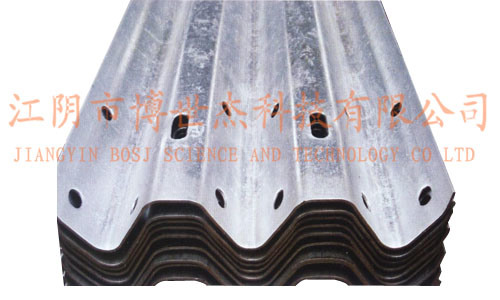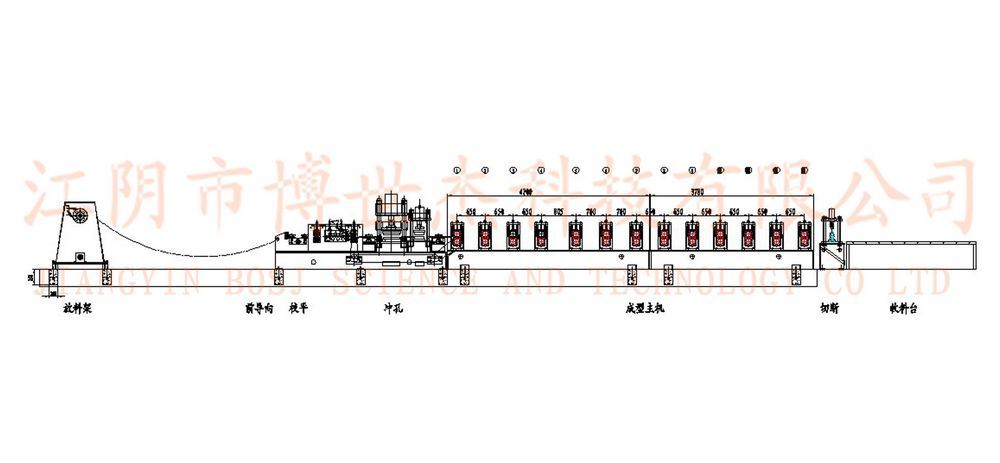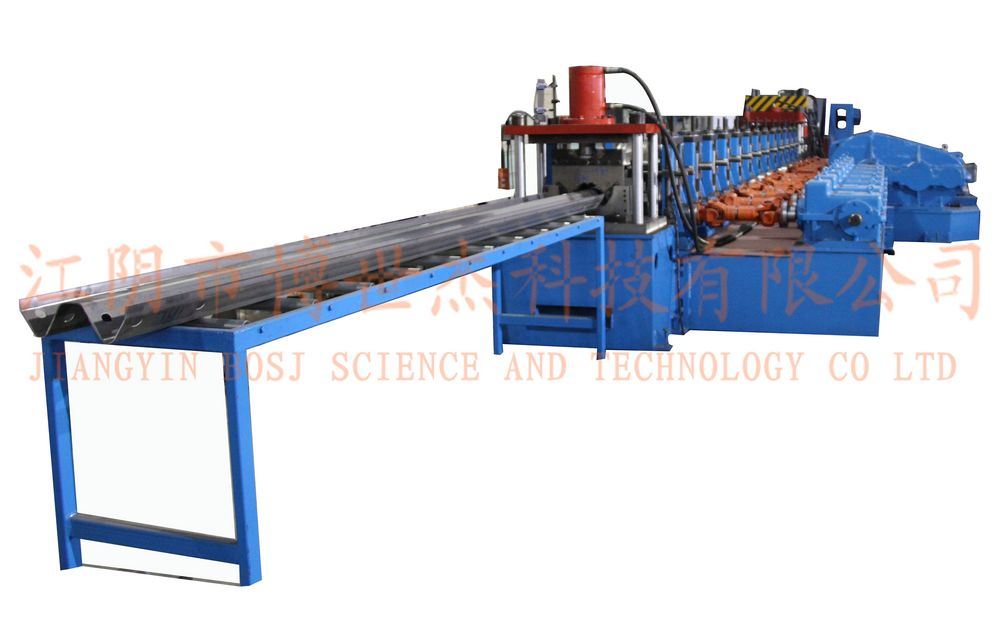Cobalt-based alloy powders are commonly used in laser cladding processes due to their excellent wear resistance, high temperature strength, and corrosion resistance. These alloys typically contain varying amounts of cobalt, chromium, tungsten, and nickel, among other elements, to achieve specific properties. Cobalt 12 Alloy Powder,Cobalt 21 Alloy Powder,Cobalt 6 Alloy Powder,Cobalt Laser Cladding Powder Luoyang Golden Egret Geotools Co., Ltd , https://www.egretgeotools.com
A.Crash Barrier (also named Highway Guardrails, Road Barrier)
We can manufacture W Beam (Profile A), Profile B, and different types of steel posts (C Posts, U Posts, Sigma Posts) and blocks, we can also supply bolts, nuts and washers, reflector, cat's eye, and relevant components, etc.
We manufacture highway guardrails mainly according to those Standards below:Â
a. JT/T 281-1995(Corrugated Sheet Steel Beams For Expressway Guardrail - China)
b. AASHTO-M180 (Corrugated Sheet Steel Beams For Highway Guardrail - USA)
c. RAL RG620 (Germany)
d. Or tailor-make according to client's requirements
1. Types:
Type I. hot dip galvanized: 550 g/m2 (40µ)
Type II. hot dip galvanized:1100 g/m2 (80µ) or 1200 g/m2 (85µ)
2. Class:
Class A-1: 2.67 mm base metal nominal thickness, Steel Grade Q235 (equivalent to S235JR according to DIN EN10025 and Gr.D according to ASTM A283M)
Class A-2: 2.67 mm base metal nominal thickness, Steel Grade Q345 (equivalent to S355JR according to DIN EN10025 1994 and Gr.50[345] according to ASTM A529M)
Class B-1: 3.43 mm base metal nominal thickness, Steel Grade Q235 (equivalent to S235JR according to DIN EN10025 and Gr.D according to ASTM A283M)
Class B-2: 3.0 mm base metal nominal thickness, Steel Grade Q235 (equivalent to S235JR according to DIN EN10025 and Gr.D according to ASTM A283M)
B.Equipment structure:
De-coiler--- flatting --- punching --- fast feeding --- opto-electrical cutting --- forming --- alignment device --- collection table--- control system --- forming moulds
Technique data:
1, Total power of equipment is 90kw
2, Maximum height of profiles formed: 85mm
3, Maximum thickness: 4.0mm
4, Maximum forming speed: 15m/min
5, The welding machine body structure follow to the requirement, the welding follow to the national welding standard.
6, The equipment after antirust processing, brush antirust paint first, the antirust paint must cover comprehensively, then brush the high quality finish paint. The movable part shows the different color for caution.
NO.
Project
Unit
Parameter
Remark
Â
1Â
MaterialType
Â
Mild steel\Galvanized sheet
Â
Strength of material sheet
Map
≥350
Â
Thickness of material sheet
mm
3~4
Â
2
Size of production
mm
   Reference the picture
Â
3
Production speed
m/min
6
Â
4
Material of roller
 Â
GCr15 quenching treatment
Â
5
Drive type
Â
Gear box
Â
6
Power
kw
About 64
Â
7
Electric control system
Â
PLC variable frequency control
Â
8
Dimensions(Length*width*height)
m
35X4X3.9
Â
The laser cladding process involves melting the cobalt-based alloy powder using a high-energy laser beam and depositing it onto a substrate to form a protective coating. This coating helps to enhance the surface properties of the substrate, such as hardness, wear resistance, and corrosion resistance.
Some common cobalt-based alloy powders used in laser cladding include:
1. Stellite: This is a well-known cobalt-chromium-tungsten alloy that offers excellent wear and corrosion resistance. It is often used in applications where high temperatures and abrasive environments are present, such as in oil and gas drilling tools, valves, and pump components.
2. Tribaloy: Tribaloy alloys are cobalt-based alloys that contain varying amounts of chromium, molybdenum, and silicon. They are known for their exceptional high-temperature strength and resistance to galling, making them suitable for applications in the aerospace, petrochemical, and power generation industries.
3. Haynes alloys: Haynes alloys are nickel-cobalt-chromium-molybdenum alloys that offer excellent high-temperature strength, oxidation resistance, and corrosion resistance. They are commonly used in applications where extreme heat and corrosive environments are present, such as in gas turbines and chemical processing equipment.
These cobalt-based alloy powders are available in various particle sizes and can be tailored to meet specific application requirements. They can be used with different laser cladding techniques, such as powder-fed laser cladding or blown powder laser cladding, depending on the desired coating thickness and properties.
Overall, cobalt-based alloy powders for laser cladding provide enhanced surface properties and improved performa
Model NO.: BOSJ-H
Making Machine: Multifunctional
Material of Roller: Gcr 15
Trademark: BOSJ
Origin: Shanghai
HS Code: 8455212000
Two Thire Waves Highway Guardrail Roll Forming Equipment Dubai